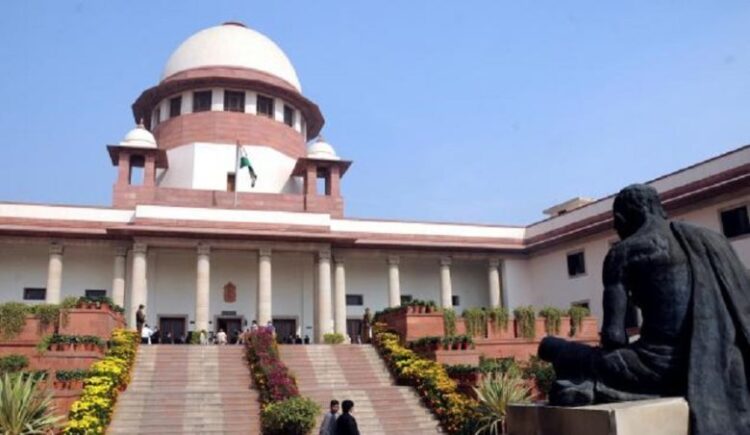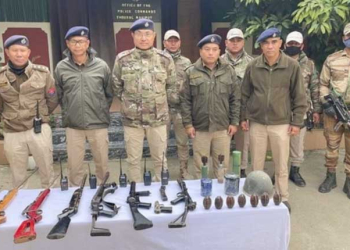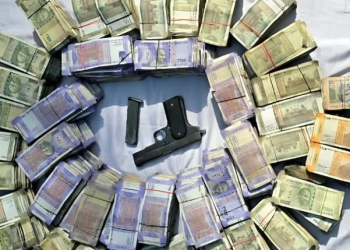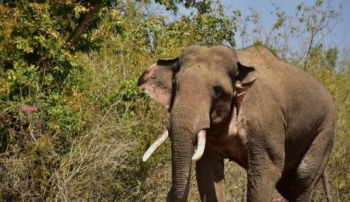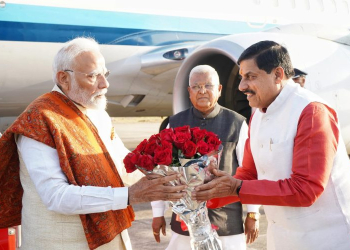New Delhi: A convict in the Bilkis Bano case has told the Supreme Court that the petition challenging Gujarat government’s remission order is “speculative and politically motivated”.
The plea filed by Radheysham Bhagwandas Shah said: “This court not only on the ground of locus and maintainability, but also on the ground of such speculative and politically motivated petition, should dismiss the said plea with heavy hand and impose an exemplary cost so that such politically motivated petition by strangers are not encouraged in the future.”
The plea cited a number of the top court judgments, including Janata Dal vs H.S. Chowdhary (1992), Simranjit Singh Mann vs UOI (1992) and Subramanian Swamy vs Raju (2013), in which it was consistently held in clear terms that a third party who is a total stranger to the prosecution has no ‘locus standi’ in criminal matters.
The convict also referred to the apex court judgment dated May 13, 2022 on the merits of the case, which after hearing all the parties came out with a categorical judgment that only the Gujarat government’s policy of premature release would be applicable, which prevailed at the time of conviction and not a subsequent policy at the time of consideration of remission.
Shah was challenging the plea filed by former CPI-M MP Subhasini Ali, journalist Revati Laul and professor Roop Rekha Verma against the release of 11 men convicted for the gang-rape of Bilkis Bano and multiple murders during the 2002 Gujarat riots.
A similar plea was also filed by Trinamool Congress MP Mahua Moitra.
On September 9, the apex court had directed the Gujarat government to file all records, which formed the basis for granting remission to all the accused in the case. It directed the state government to file its response within two weeks and also asked advocate Rishi Malhotra, representing some of the accused, to file a response.
Shah’s plea contended that if such type of third-party petitions are entertained by the apex court, it would not only unsettle the settled position of law, but would also be an open invitation to any member of the public to jump in any criminal matter before a court of law.
Shah argued that the plea is nothing but a gross abuse of Article 32, as on one hand, the petitioners plead that they do not have the copy of the remission order and yet without ascertaining the reasons for grant of remission, the petitioners have sought quashing of the remission order.
It further argued that the apex court had categorically held that a total stranger in a criminal case cannot be permitted to question the correctness of a decision, and if that was to be permitted, any and every person could challenge a criminal prosecution/proceeding recorded day in and day out by courts even if the person convicted do not desire to do so and are inclined to acquiesce in the decision.
“Interestingly enough, neither the state nor the victim nor even the complainant has approached this court, and thus it is respectfully submitted that if such cases are sought to be entertained by this court, a settled position of law would certainly become an unsettled position of law,” Shah’s plea added.
(IANS)



